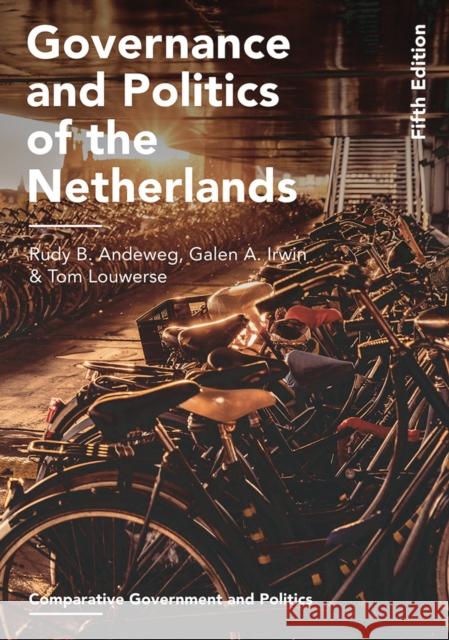Governance and Politics of the Netherlands » książka
topmenu
Governance and Politics of the Netherlands
ISBN-13: 9781352010381 / Angielski / Miękka / 2020 / 303 str.
Kategorie BISAC:
Wydawca:
Red Globe Press
Seria wydawnicza:
Język:
Angielski
ISBN-13:
9781352010381
Rok wydania:
2020
Wydanie:
2020
Numer serii:
000558001
Ilość stron:
303
Waga:
0.51 kg
Wymiary:
24.41 x 16.99 x 1.7
Oprawa:
Miękka
Wolumenów:
01











